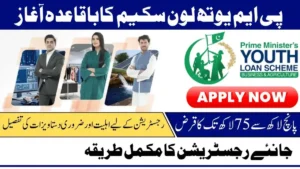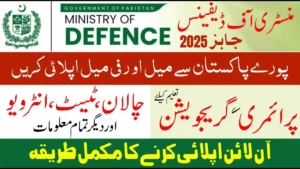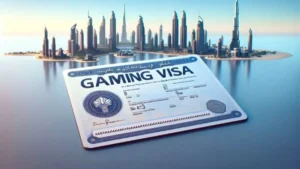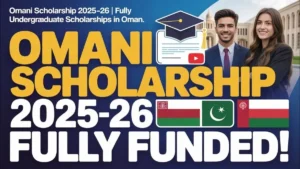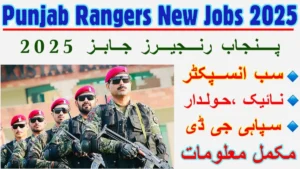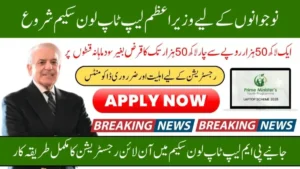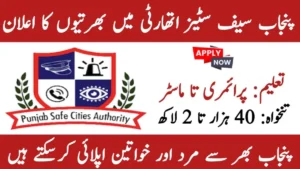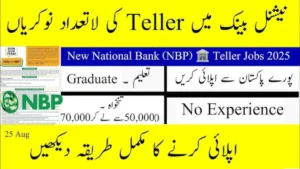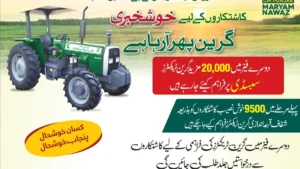The diplomatic and economic relationship between Pakistan and the United Arab Emirates (UAE) took a significant leap forward with the signing of a Memorandum of Understanding (MoU) on visa exemption. This historic development occurred during the 12th session of the Pakistan-UAE Joint Ministerial Commission (JMC)—held in Islamabad after a 13-year hiatus. The agreement not only demonstrates a deepening of bilateral ties but also holds immense implications for citizens, investors, and diplomatic travelers.
What Is the Pakistan-UAE MoU on Visa Exemption?
The MoU signed between Pakistan and the UAE focuses on mutual visa exemption for holders of diplomatic and official passports. This agreement is expected to:
- Facilitate easier travel for government officials
- Enhance diplomatic engagement
- Speed up bilateral projects and joint ventures
- Pave the way for broader visa facilitation in the future
This development marks a strategic shift in foreign policy cooperation, symbolizing trust and mutual respect between both nations.
The Significance of the 12th JMC Session
Held After 13 Years—Why Now?
The 12th JMC session was convened after a gap of 13 years, underlining a revived interest in bilateral cooperation. This renewed engagement is largely attributed to
- Changing geopolitical landscapes in the Middle East and South Asia
- Pakistan’s growing interest in strengthening economic ties with Gulf countries
- UAE’s investment focus on South Asian infrastructure and trade corridors
Strategic Objectives of the JMC Meeting
During the session, both countries addressed various economic, political, trade, and cultural goals, including
- Enhancing bilateral trade
- UAE investments in Pakistan’s energy and agriculture sectors
- Joint ventures in IT, fintech, and tourism
- Climate change collaboration
- Labor and manpower cooperation agreements
Key Takeaways from the MoU Signing
1. Visa-Free Travel for Diplomats
Diplomatic and official passport holders from both countries will no longer need visas, which will streamline
- High-level visits
- Bilateral dialogues
- Policy consultations
2. Boost in Bilateral Trade and Investment
With smoother diplomatic relations and easier travel, economic collaboration is expected to accelerate, especially in
- Construction and infrastructure
- Renewable energy
- Technology transfer
- Agriculture and food security
3. Strengthened Workforce Agreements
Pakistan is a key source of labor in the UAE. The MoU and JMC discussions covered:
- Protection of Pakistani workers’ rights in the UAE
- Expansion of skilled labor export
- Collaborative vocational training programs
Historical Context of Pakistan-UAE Relations
The Pakistan-UAE relationship spans over five decades, characterized by
- Strategic partnership in regional diplomacy
- UAE’s status as one of the top investors in Pakistan
- Remittances from over 1.6 million Pakistani workers in the UAE
- Close military and defense cooperation
This MoU is another milestone in this ever-evolving and strategic partnership.
Impact on Pakistani Citizens and the Diaspora
Although the visa exemption applies to diplomatic and official passport holders, it sends a positive signal for future travel facilitation for
- Business travelers
- Tourists
- Skilled workers
Future Expectations
Analysts believe this agreement could lead to
- Easier visa policies for Pakistani tourists and businessmen
- Increase in UAE scholarships for Pakistani students
- More inclusive mobility frameworks
UAE’s Investments and Pakistan’s Vision 2025
The UAE delegation during the JMC session reaffirmed their interest in investing in:
- CPEC-related infrastructure projects
- Energy sector, including solar and wind energy farms
- Tech hubs and digital transformation projects
This aligns with Pakistan’s Vision 2025, which prioritizes:
- Sustainable economic growth
- Export-led industrialization
- Digital Pakistan initiative
Pakistan’s Broader Gulf Diplomacy Strategy
This MoU is part of a broader Gulf diplomacy vision pursued by Islamabad, which includes
- Strategic partnerships with Saudi Arabia, Qatar, and Bahrain
- Integration into Gulf economic and security frameworks
- Attracting sovereign wealth investments
The MoU with the UAE acts as a blueprint for similar agreements with other Gulf states.
FAQs About the Pakistan-UAE Visa Exemption MoU
1. Who benefits from the visa exemption agreement between Pakistan and the UAE?
Only holders of diplomatic and official passports from both nations currently benefit. This does not apply to ordinary passport holders yet.
2. When will the MoU on visa exemption take effect?
The agreement will come into effect after formal ratification and the exchange of diplomatic notes between the two governments, which is expected in the coming months.
3. Can ordinary Pakistani citizens now travel visa-free to the UAE?
No, ordinary citizens still require visas to travel to the UAE. However, this agreement is a step towards future travel facilitation for broader groups.
4. How does this MoU impact Pakistan-UAE economic relations?
It lays the groundwork for smoother diplomatic interactions, which can boost trade, investment, and labor cooperation, ultimately benefiting both economies.
5. What is the Joint Ministerial Commission (JMC)?
The JMC is a bilateral platform for policy coordination and collaboration across sectors like trade, education, energy, defense, and foreign affairs. The 12th JMC marked a major revival of structured bilateral engagement after 13 years.
Conclusion
The signing of the MoU on visa exemption between Pakistan and the UAE at the 12th JMC session marks a historic milestone in bilateral relations. It sends a clear message about the renewed trust and strategic alignment between the two nations. While the benefits currently apply to official and diplomatic travelers, this development is a foundation for broader cooperation—paving the way for economic growth, cultural exchange, and stronger people-to-people ties.
As Pakistan continues to assert itself diplomatically in the Gulf, such agreements will play a crucial role in redefining regional cooperation and boosting economic resilience in the face of global challenges.


